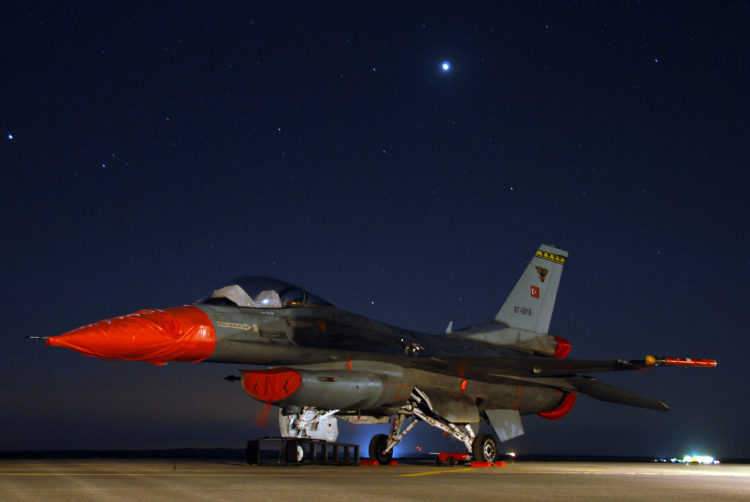After all, one of NATO’s main objectives is curbing the aggressive behavior or Russia — a nation Turkey finds itself increasingly friendly toward.
Turkey is now helping make Russian air defenses better at tracking US fighter jets
AI Overview
Summary is AI-generated, newsroom-reviewed.
While Turkey’s decision to purchase Russia’s advanced S-400 air defense system may have cost them access to America’s F-35 Joint Strike Fighter, it’s are already moving ahead with testing the Russian weapon system against U.S. made F-16s. Some American officials have already
Read the full article for more on:
- Important insights and detailed analysis
- Expert commentary on current events
- Breaking developments and updates

While Turkey’s decision to purchase Russia’s advanced S-400 air defense system may have cost them access to America’s F-35 Joint Strike Fighter, it’s are already moving ahead with testing the Russian weapon system against U.S. made F-16s. Some American officials have already voiced concerns over the possibility that Russia will gain access to target acquisition […]

What readers are saying
Generating a quick summary of the conversation...
This summary is AI-generated. AI can make mistakes and this summary is not a replacement for reading the comments.









COMMENTS